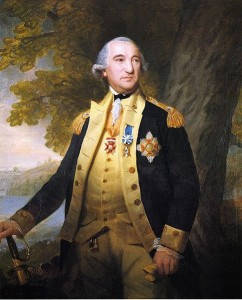From The New-York Times January 11, 1861:
Disunion Agents in New-York.
There are some aspects of the existing Disunion movement which it is especially painful to contemplate — but which must be looked in the face none the less. One of them is the undoubted fact that we have among us here in New-York, agents and emissaries of Disunion, — men who are seeking from our citizens aid and comfort for the movements which are designed to break up the Union, and sap the foundations of our prosperity.
We have already called attention to the constant sale that is going on in this City, of arms and munitions of war to States in open rebellion against the Government. There can be no doubt that this is not only illegal, but a highly criminal offence — and it is the duty of the Federal Authorities among us to give the matter prompt and effective attention. The following private letter, — which comes to us from one of the most intelligent, clear-headed and influential of our citizens, reveals another phase of the movement which is also worthy of notice:
WEDNESDAY, Jan. 9, 1861.
MY DEAR RAYMOND: A gentleman, formerly an officer in a European army, told me that a Virginian called upon him last week and offered him the command of a body of men in Virginia, with good pay, and assurances that the service would be a permanent one. He said that he did not like Slavery well enough to accept the proposal. …
The writer then goes on to explain his view of the secession crisis, which involves being tough on the seceders. The writer concludes:
If so, the sooner we realize it, and begin hanging spies and traitors, the less will be the final bloodshed.
P.S. — Since writing the above, Capt R. has told me that a Virginia gentleman called on him yesterday, and offered him a commission to collect a body of men in New-York, “for a Southern regiment,” and that he saw the same person conversing with some discharged laborers, and was informed that he offered them bounties for enlisting to go South. None of them accepted, but he was told that a good many greenhorns had done so, and that there were several men at work amongst them to induce them to. R. put the man off, giving him no encouragement, but he said he should call again to-morrow, and intimated that he might offer him further inducements. R. believes that a considerable body of men have been already engaged and sent to Virginia. What for?
Yours faithfully. …
You can read the entire article at The New York Times Archive.
It seems that by choice or necessity the secession movement is using the American template to guide some of its decisions. If the colonists had Baron von Steuben, why shouldn’t Secession Nation have its Captain R? Of course, if this letter is true, the South is also trying to hire some Hessians. The British had a few good ideas.
Henry Raymond was the editor of The Times.
The letter also mentions Louisiana senator Judah Benjamin:
Take BENJAMIN’S own case. I have been on his plantation. He has, I judge, fully $300,000 in the sugar business, whereof $200,000 is in the form of slaves, and when I was there he himself did not dare go out after dark, unarmed, nor did a white man any where in the vicinity. I don’t believe he could sell this estate to-day for one-half what it has cost him. His sugar works, which cost $100,000, would not be worth $1,000, if merely the duty was abolished.

